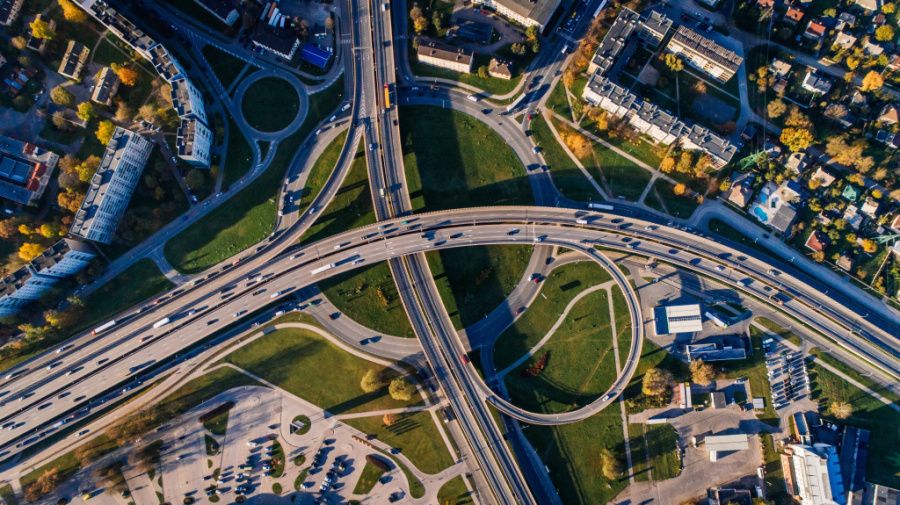Russia Is to Spend Over $100 Million for Developing Artificial Intelligence to Track Violators

Artificial Intelligence (AI) has penetrated numerous areas of human life as its capabilities continue to grow. Now Russia wants to use this technology to track down violators and reduce the workload of some agencies.
Currently, the country plans to implement several projects with a total cost of over $100 million by 2023. All of the projects are aimed at automating processes that will allow tracking violations and rule breakers without the involvement of humans. This, in turn, will reduce the workload of officers.
Digitization for bailiffs
On October 25, the Federal Service of Court Bailiffs (FSSP) announced that it will take advantage of AI to digitize about 80% of its work, according to local news agency Kommersant. The technology will be used to search for debtors and collect information about them without the involvement of human workers. This will reduce the workload of bailiffs and the risk of errors.

The project is scheduled to start in 2023. It will cost the FSSP more than 11 billion rubles ($158 million), and implementation will take place in two phases. In 2022, the service plans to introduce a chat bot to facilitate interaction with citizens. In the second phase, automated workstations will speed up database filling and decision-making.
Currently, the project is in the procurement phase. It is planned that all necessary equipment such as cameras, tablets, recording devices and software will be procured by 2022 so that the project can be implemented as soon as possible.
Prevention of violations
Russian railways will also benefit from AI technology. On September 30, the JSC NIIAS announced a tender for the development of an AI-based system to detect problematic behavior at stations and on trains.

The system will use real-time video analysis and means of acoustic analysis (analysis of voices and sounds) to detect potential offenders and report them to the control center to prevent rule violations. The total cost of the project is over 15 million rubles ($215,000).
The system is supposed to be the first step on the way to full automation of railways. NIIAS representatives explained the need for such means of tracking rule violations in self-propelled trains, in which no human will intervene.
Tracking suspicious vehicles
Moscow traffic police is the next in line to use artificial intelligence to optimize its work. In mid-October, the mayor's office announced a tender worth 180 million rubles ($2 million) for equipment needed to modernize the Perekhvat traffic monitoring system and track improperly registered or stolen vehicles.
AI algorithms will analyze recordings from traffic cameras to detect vehicles currently on the wanted list or not properly registered. Traffic police officers will be able to access this information via an app on their tablets to take appropriate action against lawbreakers. The necessary software is currently being developed and should be implemented by the end of 2022.

The new, modernized system will make it possible to punish such violators, as they will now have the chance to escape the law due to existing shortcomings. It is also expected to solve the problem of double fines.
Replacing people with machines?
Despite the obvious benefits of AI, such projects raise concerns among citizens. For example, the introduction of the technology will lead to a reduction in the number of bailiffs, thus increasing unemployment. Moreover, AI is not yet suitable for performing complex tasks that require human intervention, so it needs to be used wisely.
Nevertheless, Russians tend to trust AI more than their fellow humans. For example, 53% of citizens would like to replace politicians with AI, according to CoinIdol, a global blockchain news portal. They believe AI will be more trustworthy and far less corrupt than human politicians. It would also reduce spending on their salaries.
Be that as it may, however, the interest in AI technology seems to be stronger than ever. With increased innovation and digitization, AI seems to be making its way into more and more areas of human life. If things continue like this, AI could actually rival human intellect, and there's no telling who will win the competition in the end.
Price
Price
Price
News
Price

(0 comments)